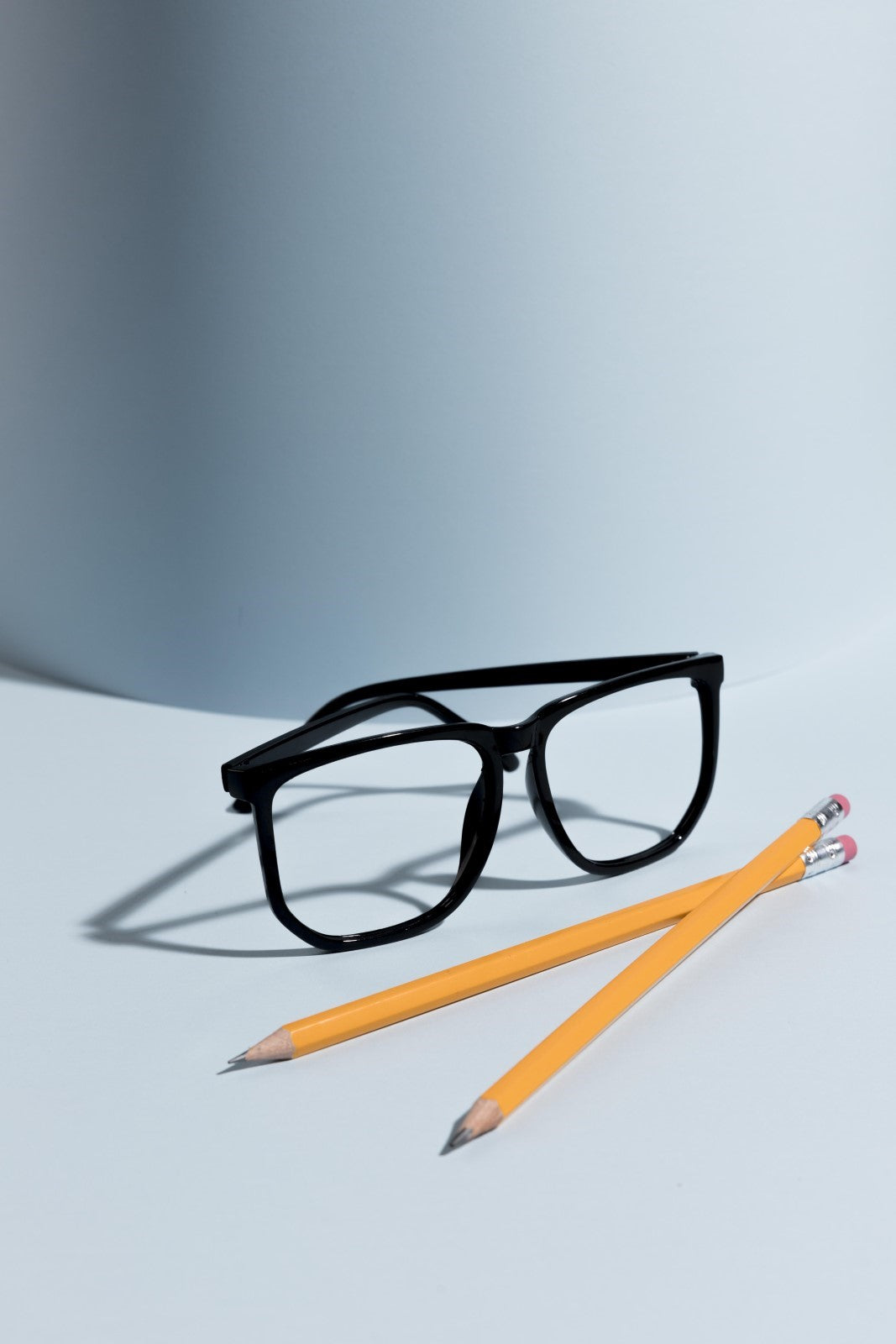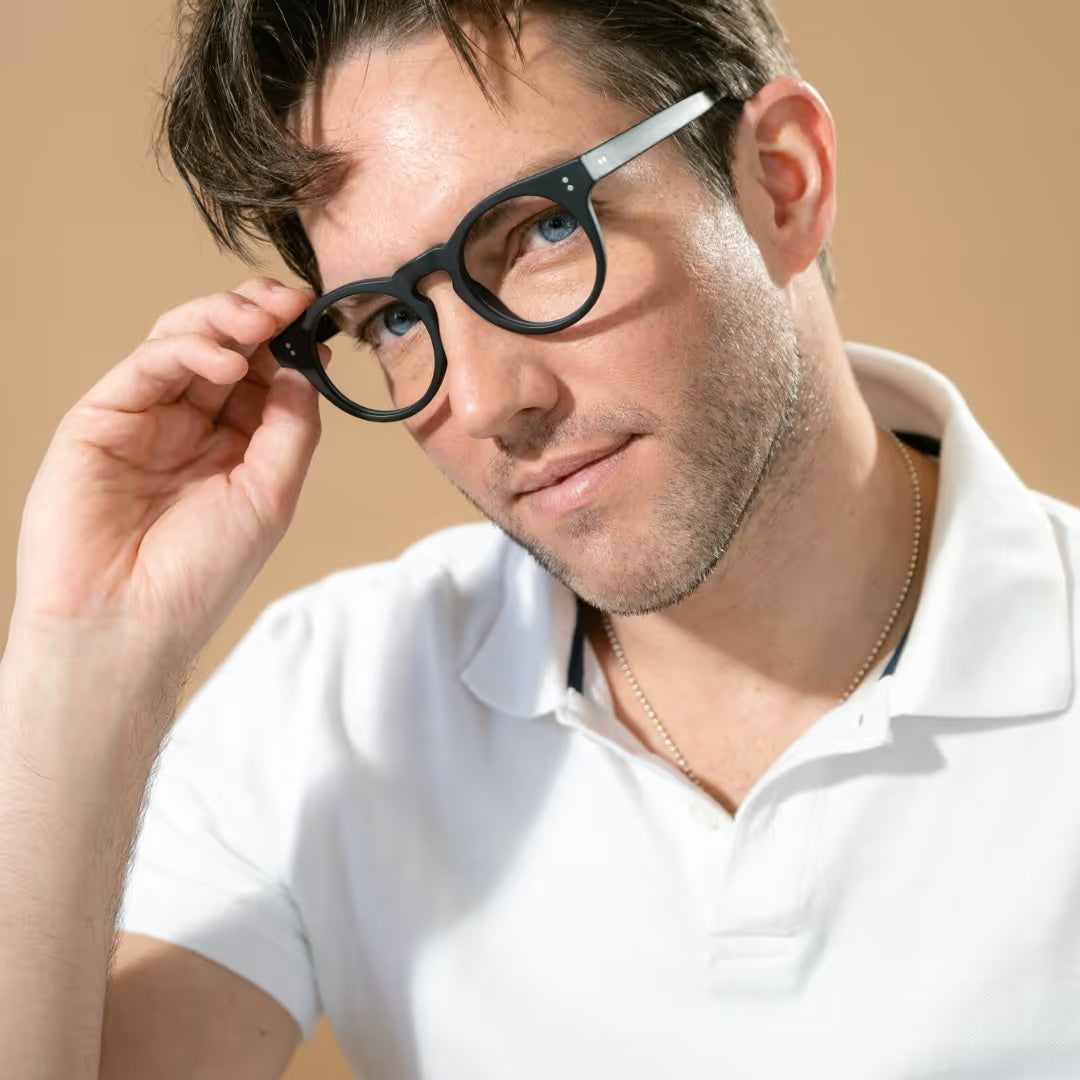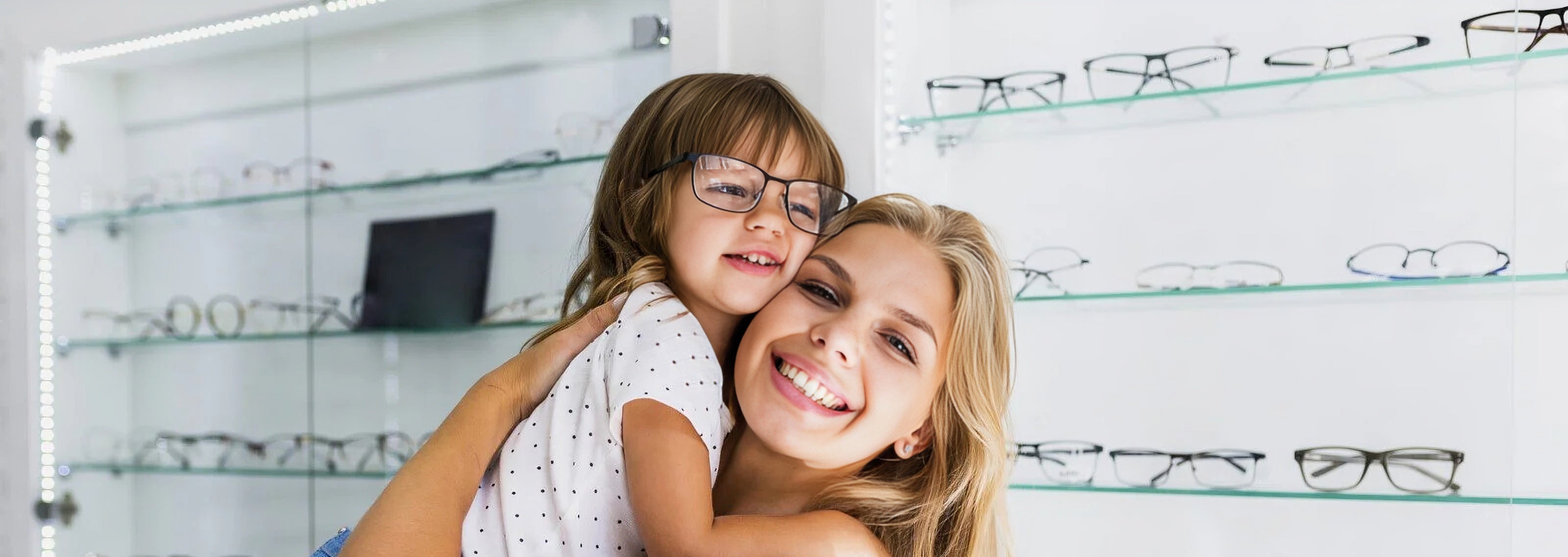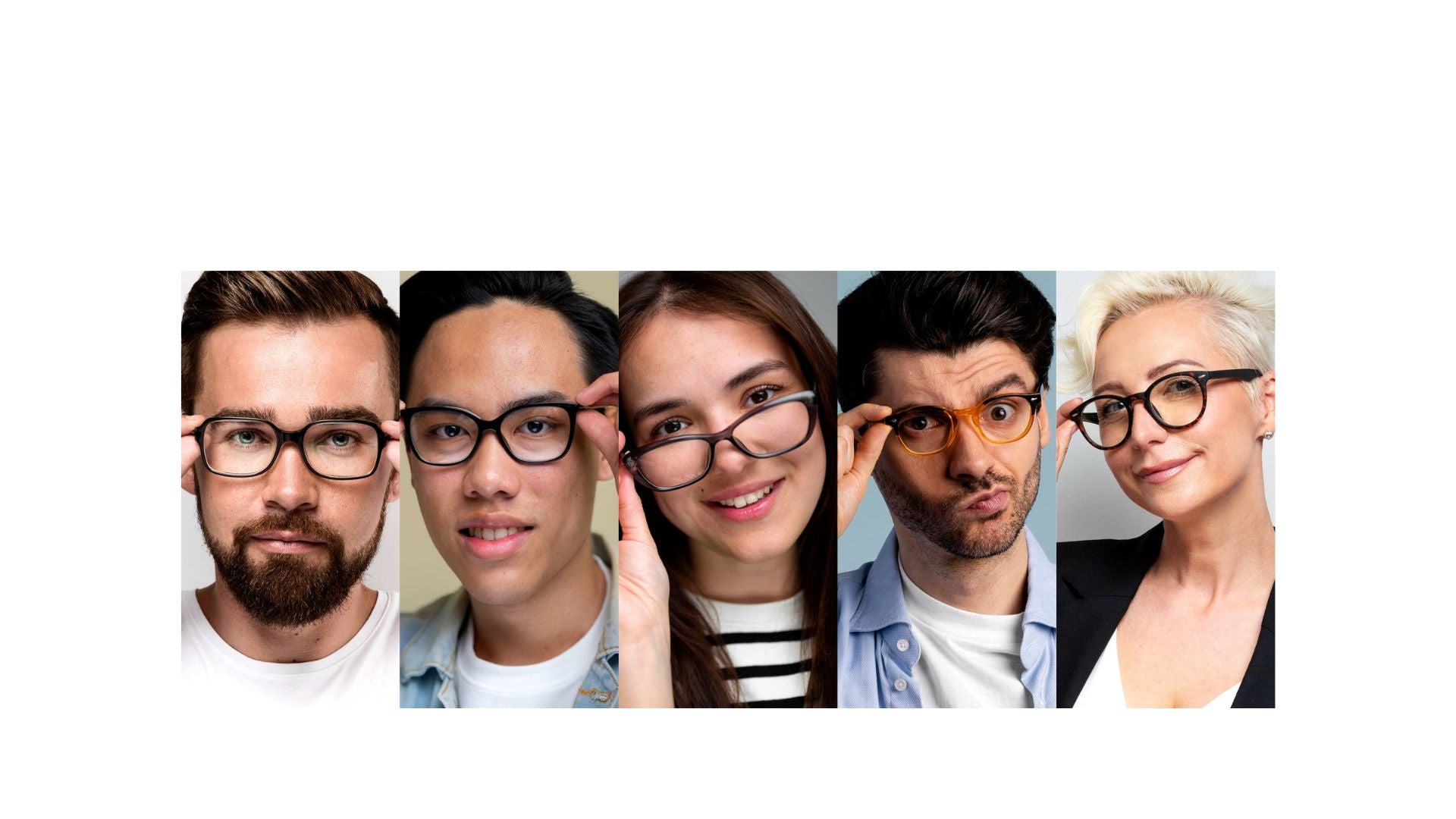
Protecting Your Vision: Essential Eye Health Habits for 2025
As we approach 2025, ensuring the health and longevity of our vision is becoming increasingly vital. With rising screen time, environmental challenges, and lifestyle changes, taking proactive steps towards maintaining eye health has never been more crucial. This article delves into essential eye health habits that can help safeguard your vision for the future.Explore more with Enek Luso.
Understanding Vision Health in the Modern Era
The advent of digital technology has greatly influenced our eye health. According to a report by the American Academy of Ophthalmology, an average adult spends more than 11 hours per day in front of screens, leading to a surge in digital eye strain cases. This impact is highlighted in the following table:
|
Year |
Average Daily Screen Time |
Reported Cases of Eye Strain (%) |
|
2010 |
7 hours |
35% |
|
2020 |
11 hours |
65% |
|
2025 (Projected) |
12 hours |
70% |
Key Sections to Enhance Eye Health
1. Incorporating Regular Eye Exams
Routine eye exams are a cornerstone for maintaining eye health. Experts recommend annual eye check-ups to detect early signs of eye conditions like glaucoma, cataracts, or macular degeneration. Early detection can significantly reduce the risk of severe vision loss. Optometrists and ophthalmologists utilize advanced diagnostic tools to monitor your eye health efficiently.
2. Managing Screen Time and Digital Device Usage
The increase in digital device usage demands effective strategies to combat digital eye strain. The 20-20-20 rule is a highly recommended practice: every 20 minutes, look at something 20 feet away for 20 seconds. This simple exercise can relax your eye muscles and reduce strain, preventing long-term damage.
3. Emphasizing Nutrition and Eye Health
Nutritional intake directly impacts eye health. Diets rich in vitamins A, C, E, and minerals like zinc help preserve vision. Leafy greens, fish high in omega-3 fatty acids, and bright-colored vegetables are ideal choices. Recent studies show that regular consumption of these nutrients can reduce the risk of eye diseases by up to 30%.
4. The Role of Protective Eyewear
Using protective eyewear, such as designer eyeglasses, can shield your eyes from harmful UV rays and blue light emissions. High-quality sunglasses like those from the Sunglasses Collection offer superior protection against UV rays, critical for preventing cataracts and other sun-induced eye conditions.
5. Establishing Healthy Sleep Patterns
Quality sleep is often underrated in eye health discussions. Lack of sleep can lead to eye fatigue and reduced functionality. Ensuring 7-9 hours of sleep per night allows your eyes to rest adequately, reducing the risk of vision problems. Recent research links poor sleep patterns to a 20% increase in eye-related issues.
6. Practicing Eye Hygiene
Keeping your eyes clean and free from irritants is essential for maintaining eye health. This practice includes avoiding touching your eyes with unwashed hands and regularly cleaning contact lenses properly. Maintaining good hygiene can prevent conditions such as pink eye and other infections.
7. Adjusting Lighting and Work Environment
Work and home environments significantly influence eye health. Proper lighting and ergonomics can drastically reduce eye strain. Use ambient lighting that minimizes glaring and reflection on screens. Ensure your workstation is set up to suit your comfort, with monitors at eye level and sufficient space for movement.
8. Managing Health Conditions Affecting Eyes
Systemic health conditions like diabetes and hypertension can adversely affect vision. Managing these conditions through regular medical check-ups and treatments can prevent complications like diabetic retinopathy and hypertensive retinopathy. Thirty percent of vision impairment cases can be avoided with proper management of these conditions.
9. Raising Awareness and Education
Awareness and education on eye health can empower individuals to take proactive measures. Community programs and educational campaigns should focus on disseminating information about eye health practices and resources available for regular check-ups and protective wear.
10. Innovations in Eye Care Technology
Technological advancements in eye care treatments and diagnostics are continually evolving. Innovations like tele-optometry and AI-driven diagnostics offer increased accessibility to quality eye care. Investing in new technologies can enhance the accuracy and efficiency of eye health assessments.
Key Takeaways
As we look toward 2025, integrating these eye health practices into our daily routines is imperative. By combining regular eye exams, smart lifestyle changes, and the utilization of protective eyewear like those available in Fashion Sunglasses Collection, we can effectively safeguard our vision for the future. With an emphasis on education, awareness, and innovations in technology, we can navigate challenges and opportunities to maintain optimal eye health.
Frequently Asked Questions
What role does diet play in maintaining eye health?
Diet plays a critical role in maintaining eye health. Nutrients such as vitamins C and E, zinc, and omega-3 fatty acids are known to reduce the risk of eye-related conditions. Consuming foods like spinach, kale, carrots, and salmon can provide these essential nutrients. Additionally, a healthy diet supports overall physical health, which is linked to eye well-being. Managing conditions like diabetes through diet can prevent complications that may affect vision. It's crucial to ensure a balanced intake of nutrients to support not just eye health but also the immune system, which can help protect eyes from infections and diseases.
How often should I get an eye exam?
It's recommended to have an eye exam at least once a year. However, the frequency may vary depending on age, health status, and existing vision problems. Children should start eye exams before entering school to catch any vision issues early. Adults without symptoms or risk factors for eye disease should have exams every two years, while those over 65 should schedule yearly exams. Regular exams can detect early signs of conditions like glaucoma and cataracts, facilitating timely intervention. Consult with an eye care professional to determine the best schedule based on individual health needs.
Can wearing sunglasses really protect my eyes?
Yes, wearing sunglasses is a significant protective measure for eye health. They block harmful UV rays from the sun, which can cause cataracts and other eye conditions. It's important to choose sunglasses that block 99% to 100% of UVA and UVB rays. Polarized lenses can also reduce glare, improving vision comfort during outdoor activities. High-quality sunglasses, like those found in the Enek Luso Sunglasses Collection, provide effective protection. Beyond sunglasses, wearing a wide-brimmed hat can offer additional coverage from the sun. Always prioritize UV protection when selecting eyewear for the best defense against harmful rays.
What is digital eye strain, and how can I prevent it?
Digital eye strain, also known as computer vision syndrome, is caused by prolonged screen use, resulting in discomfort or visual disturbances. Symptoms include blurred vision, headaches, and dry eyes. To prevent it, adopt the 20-20-20 rule: take a 20-second break to look at something 20 feet away every 20 minutes of screen time. Adjust screen brightness, position your digital device to reduce glare, and ensure room lighting conditions are suitable. Using specialized eyeglasses designed for screen use, such as Enek Luso frames, can also help reduce strain by filtering blue light. Proper posture and good ergonomics further mitigate strain.
Why is sleep important for eye health?
Sleep is crucial for eye health because it allows your eyes to rest, repair, and rejuvenate. Lack of sleep can result in eye fatigue, dryness, and irritation. Over time, insufficient sleep may contribute to serious vision problems and interfere with the health of retinal ganglion cells, which are vital for visual processing. Achieving 7-9 hours of sleep nightly helps maintain optimal eye function and prevents strain. Sleep also supports overall health, reducing the risk of systemic issues like diabetes that can affect vision. Establishing a consistent sleep routine is beneficial for not only your eyes but your overall wellbeing.






